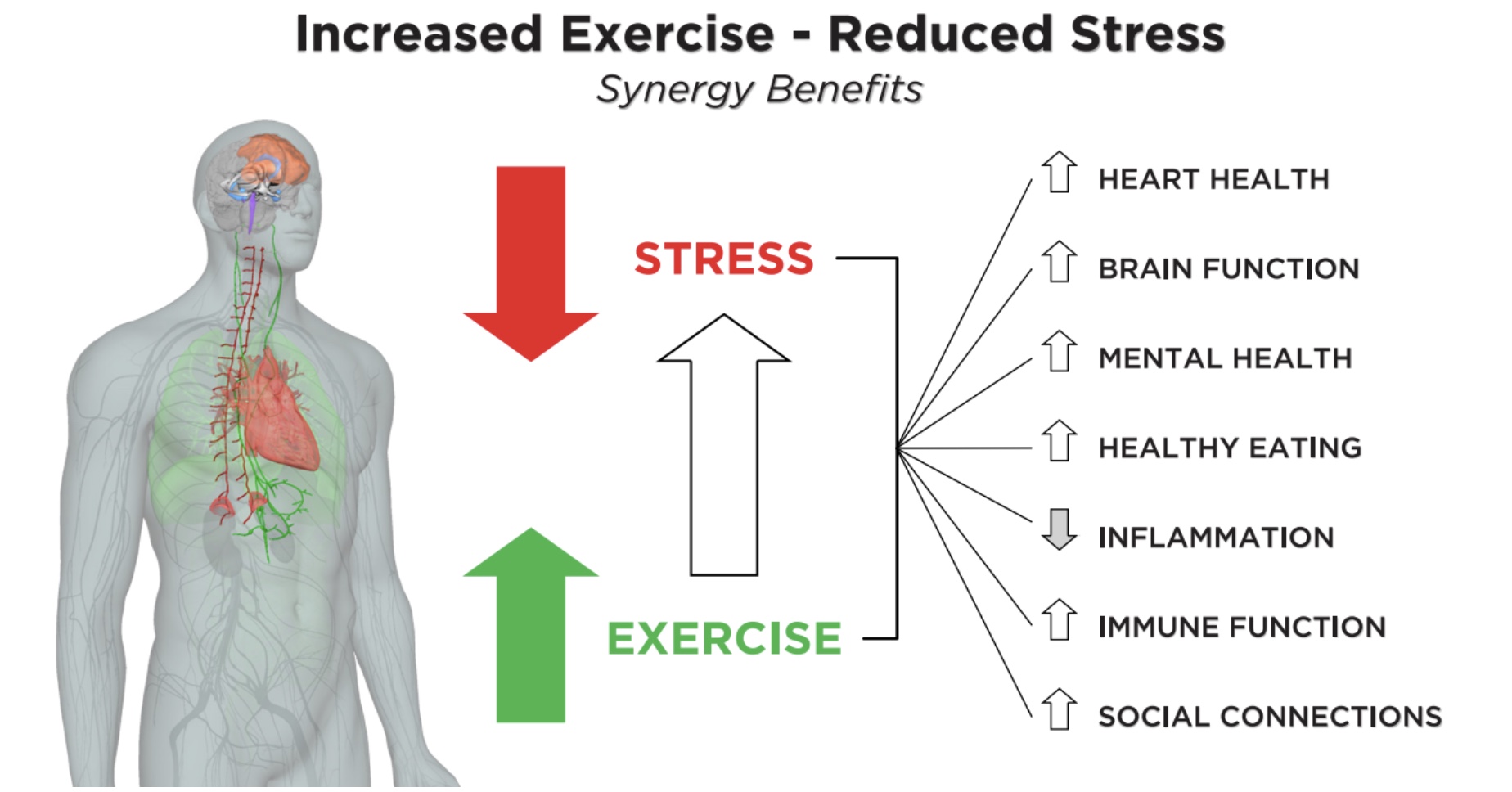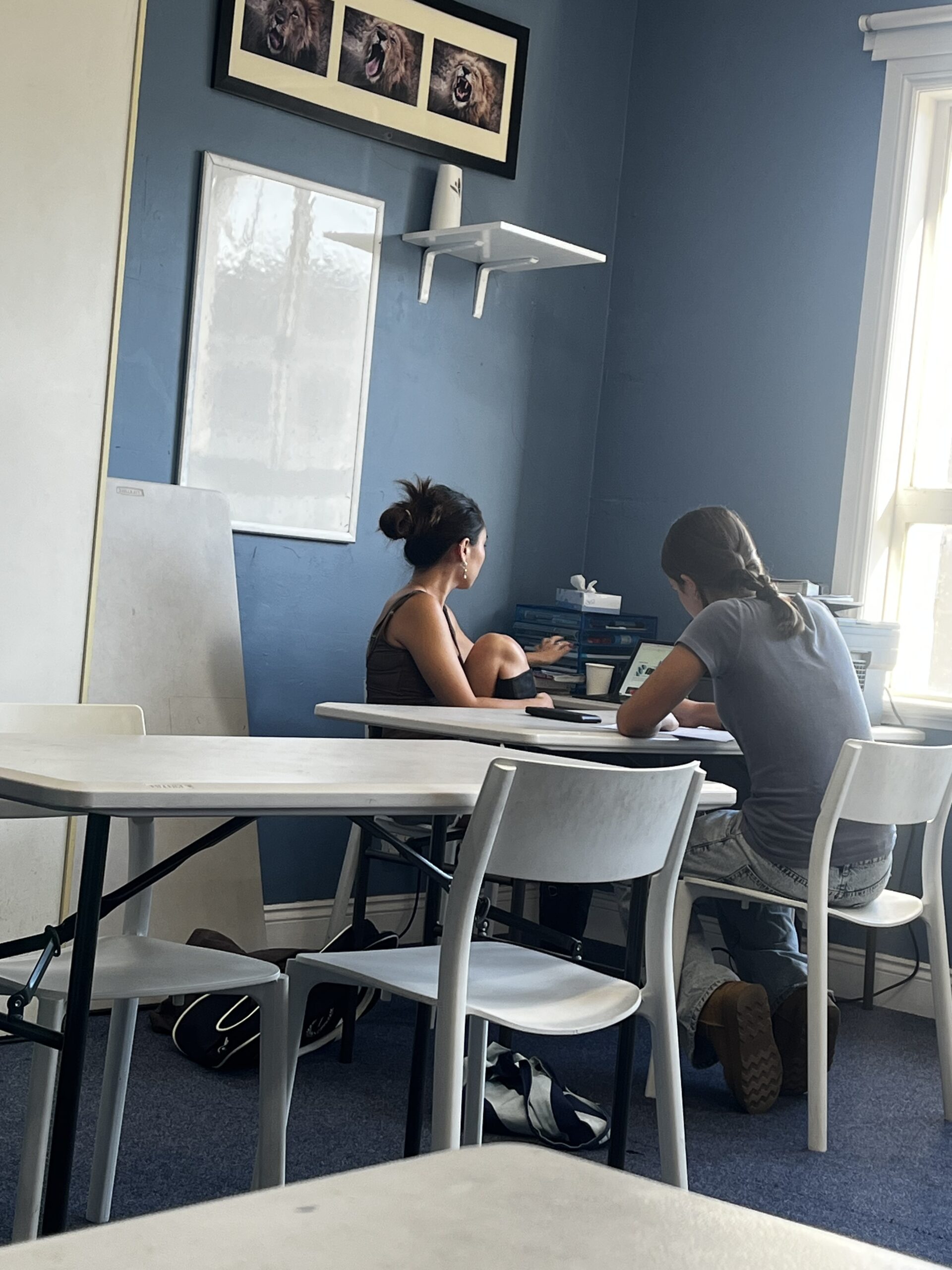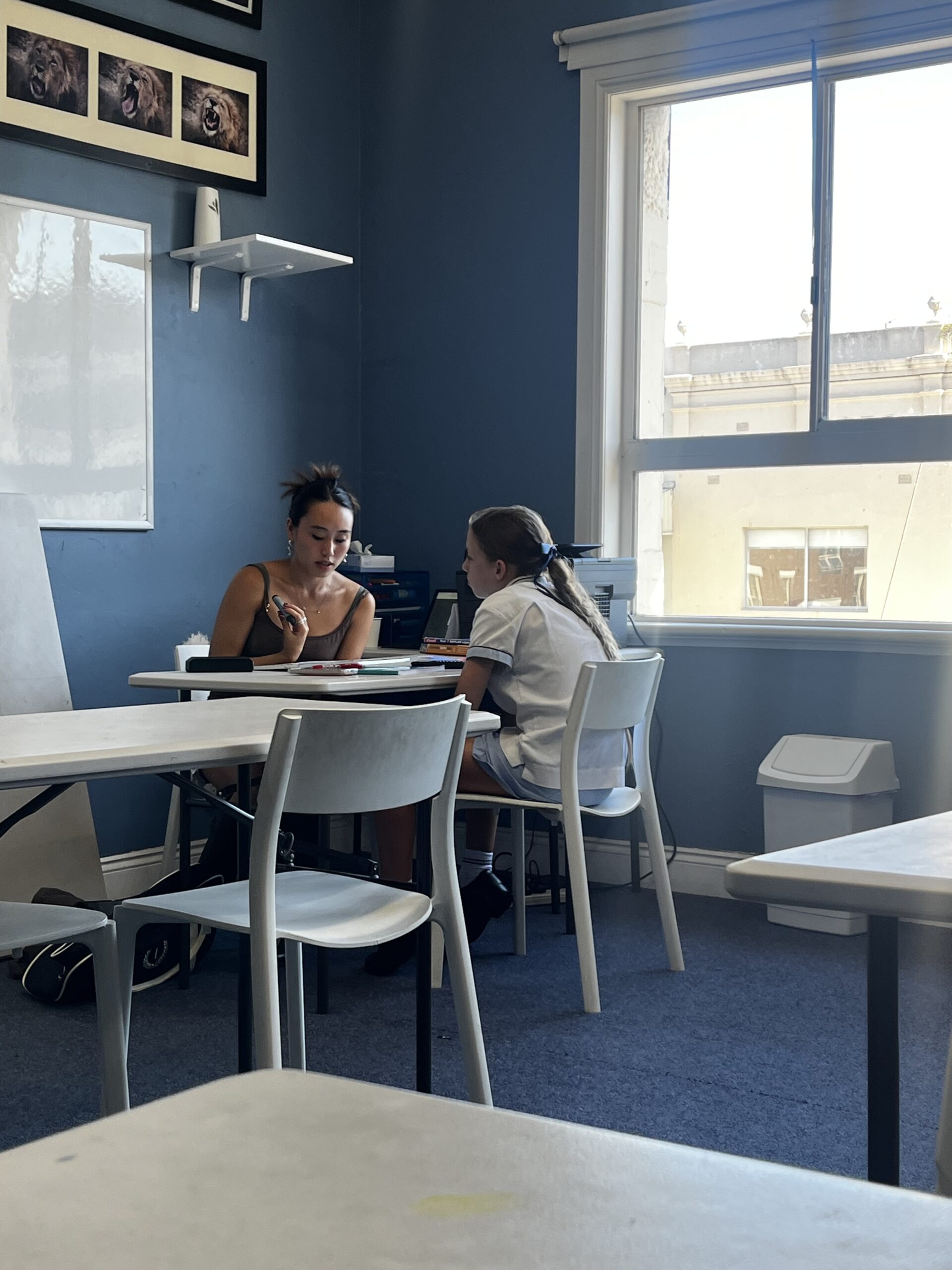
When you have been tutoring a student for a while, we all revert to a default style of tutoring. It may be our normal mannerisms and behaviour, or may be our standard ‘teaching’ persona. Nevertheless, it comes naturally for us as tutors to sometimes become complacent with our tutoring sessions. This is especially with tutors who have a large number of students, or who have been tutoring for a long time with repetition that habits can form.
As a result, it is important to practice self reflection, whether it be about a job, personal relationships or emotional self-reflection. This can be a difficult thing to passively achieve, and as such we may need to gain a new perspective in order to progress as tutors.
I have realised this with some of the students I have been tutoring in the past year. There have been many large life-changing events I have had to overcome, and as a result I have noticed myself getting more laid back with the job. Whether it be arriving on time, filling in the calendar correctly, following up with homework, I have realised that maybe I need to do some self reflection to get back on track.
I believe a good way to initiate this process of self-reflection could be for a new form of tutor observations.
Similar to what we already have, a tutor will sit in and observe another conducting their lesson, but in this case it will be an experienced tutor doing the observing. The experienced tutor should observe and make notes in the form of questions about why a tutor made a teaching decision, why they structured the lesson in the way it was, questions about how the different needs of the particular student influenced their tutoring style, and perhaps many more.
After this observation, the observing tutor would take the observed tutor out to lunch, similar to the current format, but in this case ask the questions they noted during the observation.
This could hopefully be a great ice breaker to a conversation about specific aspects of their tuoring that the observed tutor may not even have thought about.
Structuring the observing tutors notes being questions instead of observations or suggestions can help mitigate the possibility of the observed tutor feeling too harshly critiqued or micro managed, and instead initiate a positive environment where they can reflect on the questions introduced.
I believe this could be a useful way to help all tutors, and foster positive discussions between colleagues.
Sebastian Zois










